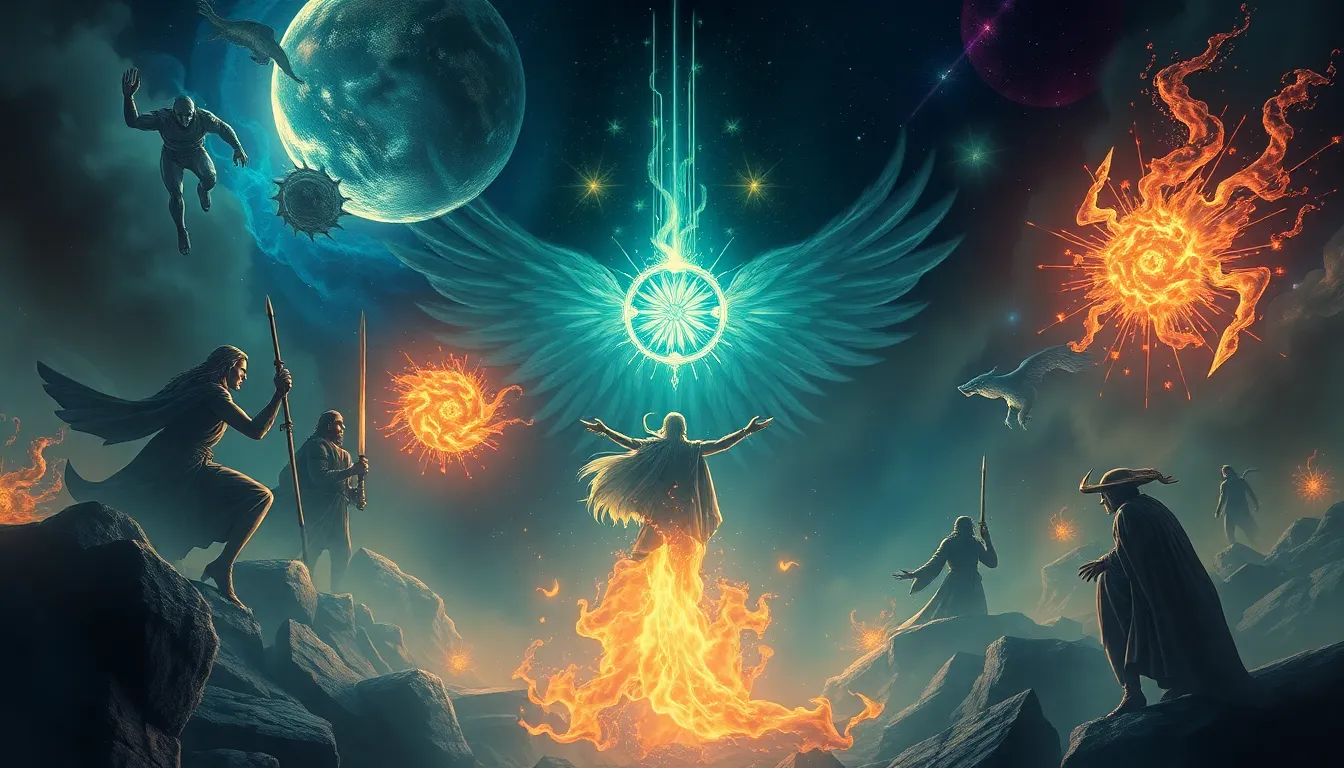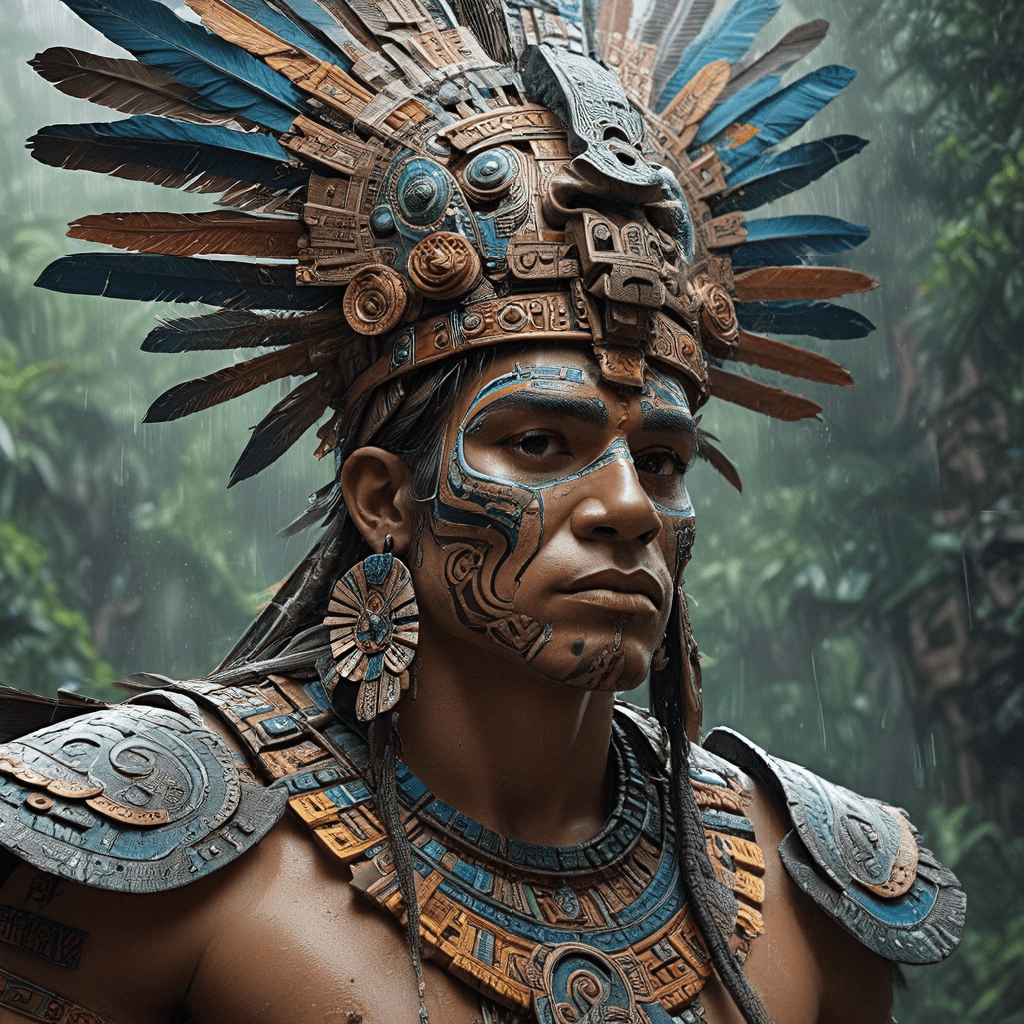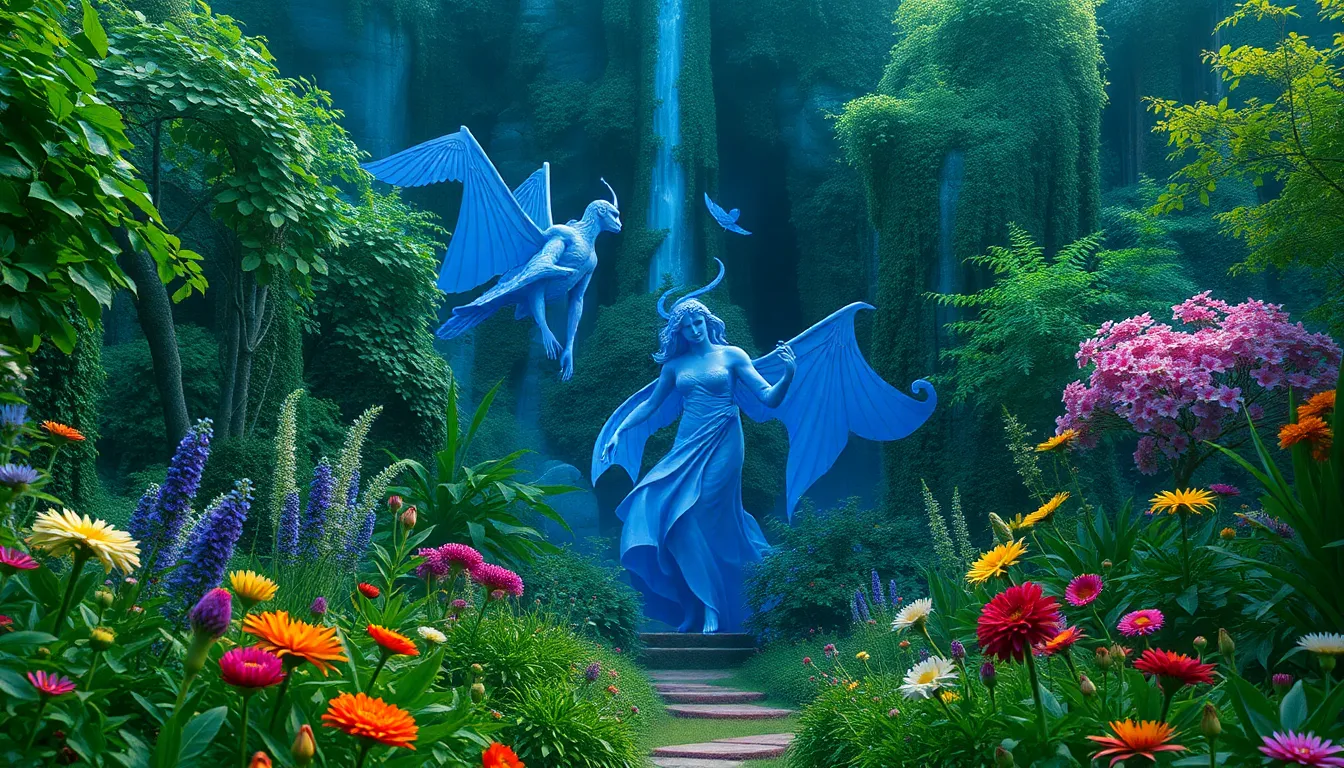Cultural Heroes: The Myths That Empower Future Generations
Introduction to Cultural Heroes
Cultural heroes are individuals who embody the values, ideals, and aspirations of a particular society or culture. They often emerge from the collective consciousness as symbols of hope, resilience, and courage. These figures inspire future generations through their stories, which serve as cultural myths—narratives that convey moral lessons, historical significance, and a sense of identity.
The importance of cultural myths in society cannot be overstated. They shape our understanding of ourselves and our place in the world. Cultural heroes, through their narratives, influence not only individual aspirations but also the collective ethos of communities. By examining the lives and stories of these figures, we can glean insights into the human experience and find guidance to navigate contemporary challenges.
The Role of Myths in Shaping Identity
Myths play a crucial role in defining cultural identity as they provide frameworks through which societies understand their history and values. Myths are not merely fictional tales; they are deeply rooted in the experiences and beliefs of a community.
Examples of cultural myths from various societies include:
- The Greek myth of Hercules, symbolizing strength and perseverance.
- The Native American tale of the Trickster, representing the complexities of life and morality.
- The African story of Anansi the Spider, illustrating the importance of wit and wisdom.
These narratives have a profound psychological impact on both individual and collective identity. They help individuals understand their roles within their communities and foster a sense of belonging and purpose.
Historical Examples of Cultural Heroes
Throughout history, numerous figures have emerged as cultural heroes, leaving enduring legacies that continue to inspire. Some prominent examples include:
- Nelson Mandela: A symbol of resistance against apartheid in South Africa, Mandela’s commitment to justice and reconciliation has made him a global icon of peace.
- Malala Yousafzai: An advocate for girls’ education, Malala’s bravery in the face of violence has inspired millions to fight for their rights.
- Joan of Arc: A peasant girl who became a national heroine of France, Joan’s courage and faith in fighting for her country continue to resonate in modern narratives.
The historical contexts that shaped these figures are essential to understanding their impact. They emerged during pivotal moments in history, and their stories have been woven into the cultural fabric of their societies, creating lasting myths that empower future generations.
The Power of Storytelling in Cultural Narratives
Storytelling is a powerful tool in reinforcing the ideals of cultural heroes. Through oral traditions and literature, societies preserve and share the myths that define them. These stories often highlight the struggles and triumphs of their heroes, ensuring that their legacies endure across generations.
Case studies of storytelling techniques used to promote cultural heroes include:
- Folktales that illustrate moral lessons through the actions of heroes.
- Poetry that captures the essence of a hero’s journey, evoking emotions and inspiring action.
- Documentaries that explore the lives of contemporary heroes, providing a platform for their stories to reach wider audiences.
Cultural Heroes in Modern Media
In today’s world, films, books, and social media play pivotal roles in depicting cultural heroes. The representation of these figures in modern media shapes how they are perceived and understood by society.
For instance, superhero films often portray idealized versions of heroism, where characters possess extraordinary abilities and face moral dilemmas. This genre reflects contemporary values and aspirations, while also prompting discussions about the nature of heroism.
The impact of modern media on the perception of cultural heroes can be profound:
- Social media platforms allow for the rapid dissemination of stories, making it easier to share the achievements of contemporary heroes.
- Documentaries and biopics provide insights into the lives of historical figures, humanizing them and making their struggles relatable.
The Myth of the Hero: Constructing an Ideal
Cultural heroes often possess characteristics that define them as ideal figures. These traits may include courage, selflessness, resilience, and a commitment to justice. However, there exists a tension between myth and reality in the lives of heroes.
The implications of idealizing cultural figures can be significant. While their stories can inspire, they may also create unrealistic expectations for individuals. Recognizing the complexities of their lives and acknowledging their flaws can lead to a more nuanced understanding of heroism.
Cultural Heroes and Social Movements
Cultural heroes have historically inspired and mobilized social change. Their ideals often serve as rallying points for communities striving for justice and equality.
Case studies of movements driven by the ideals of cultural heroes include:
- The Civil Rights Movement in the United States, heavily influenced by figures like Martin Luther King Jr.
- The feminist movement, which draws inspiration from advocates such as Susan B. Anthony and Gloria Steinem.
Community engagement plays a crucial role in sustaining heroism, as collective action reinforces the values espoused by these heroes and inspires further change.
Critiques of the Cultural Hero Narrative
While cultural heroes can serve as sources of inspiration, there are critiques of the traditional hero narrative. Counter-narratives highlight the flaws and complexities of these figures, challenging the notion of a singular hero.
The potential dangers of hero worship include:
- Oversimplification of complex issues by attributing success solely to individual heroes.
- Marginalization of diverse voices and experiences in the narrative of heroism.
Promoting inclusivity and diversity in cultural hero representation is essential for creating a more comprehensive understanding of heroism that reflects the multifaceted nature of society.
Empowering Future Generations Through Cultural Heroes
Teaching about cultural heroes in educational settings can empower future generations. Strategies for doing so include:
- Integrating diverse cultural heroes into curricula, highlighting their contributions and challenges.
- Encouraging critical thinking about heroism, prompting students to analyze the complexities of hero narratives.
Fostering new cultural heroes from diverse backgrounds is equally important, as it enriches the narrative and provides role models for all segments of society.
Conclusion: The Enduring Legacy of Cultural Heroes
The significance of cultural heroes in society lies in their ability to inspire and empower. Through their narratives, they shape our understanding of identity, values, and social change. As we continue to explore and celebrate these figures, it is vital to approach their stories with a critical lens, recognizing both their triumphs and their complexities. By doing so, we can ensure that the legacies of cultural heroes endure, guiding future generations toward a more inclusive and equitable world.



